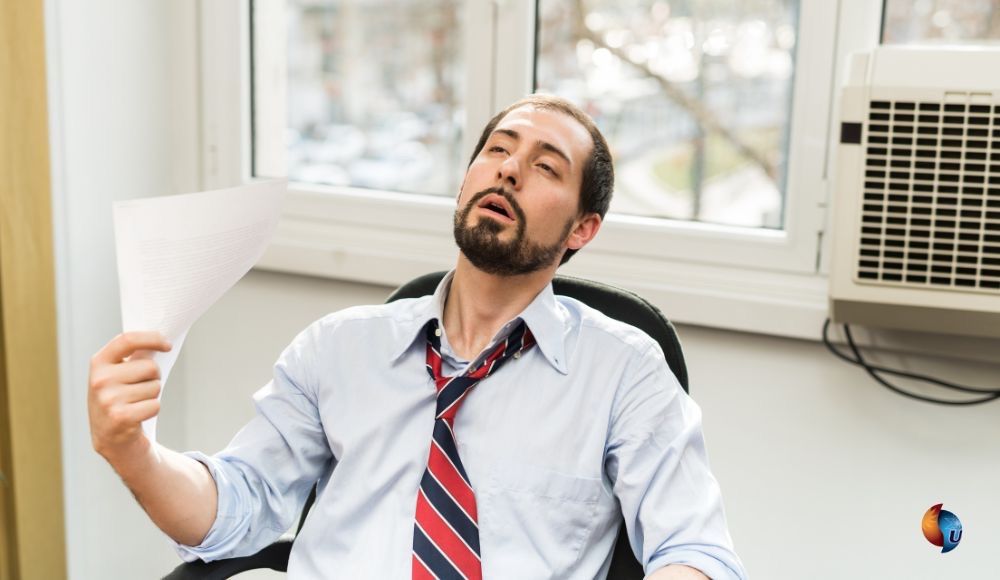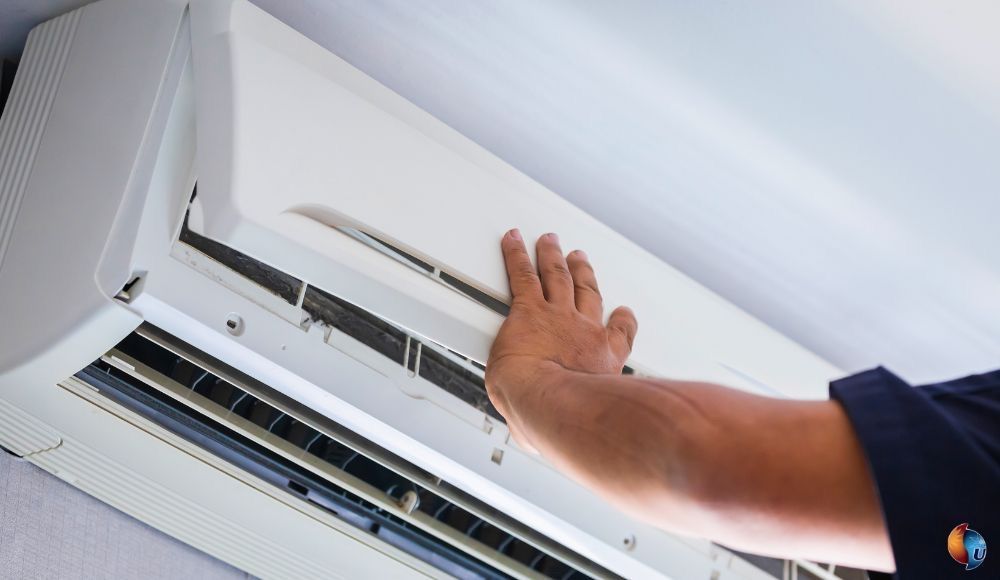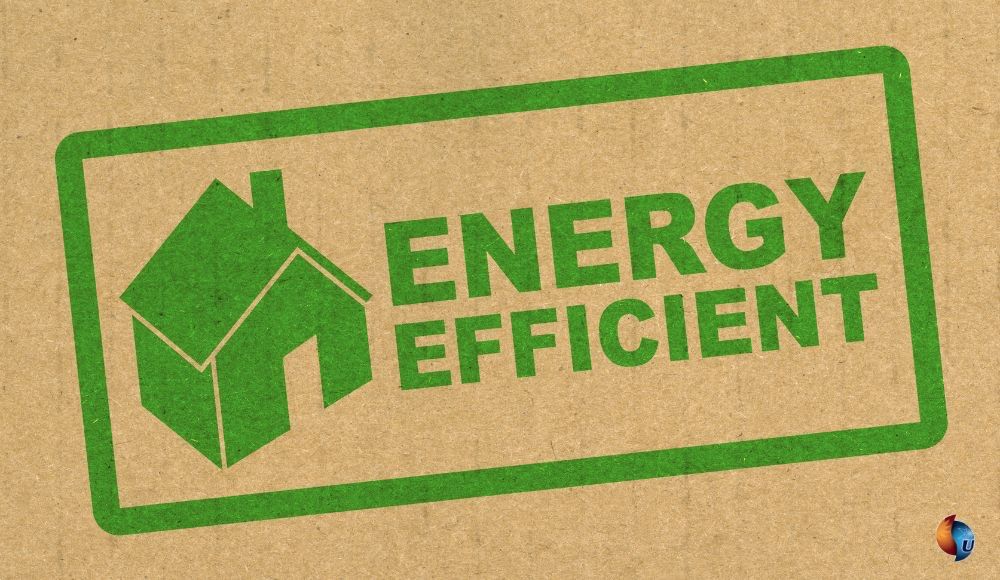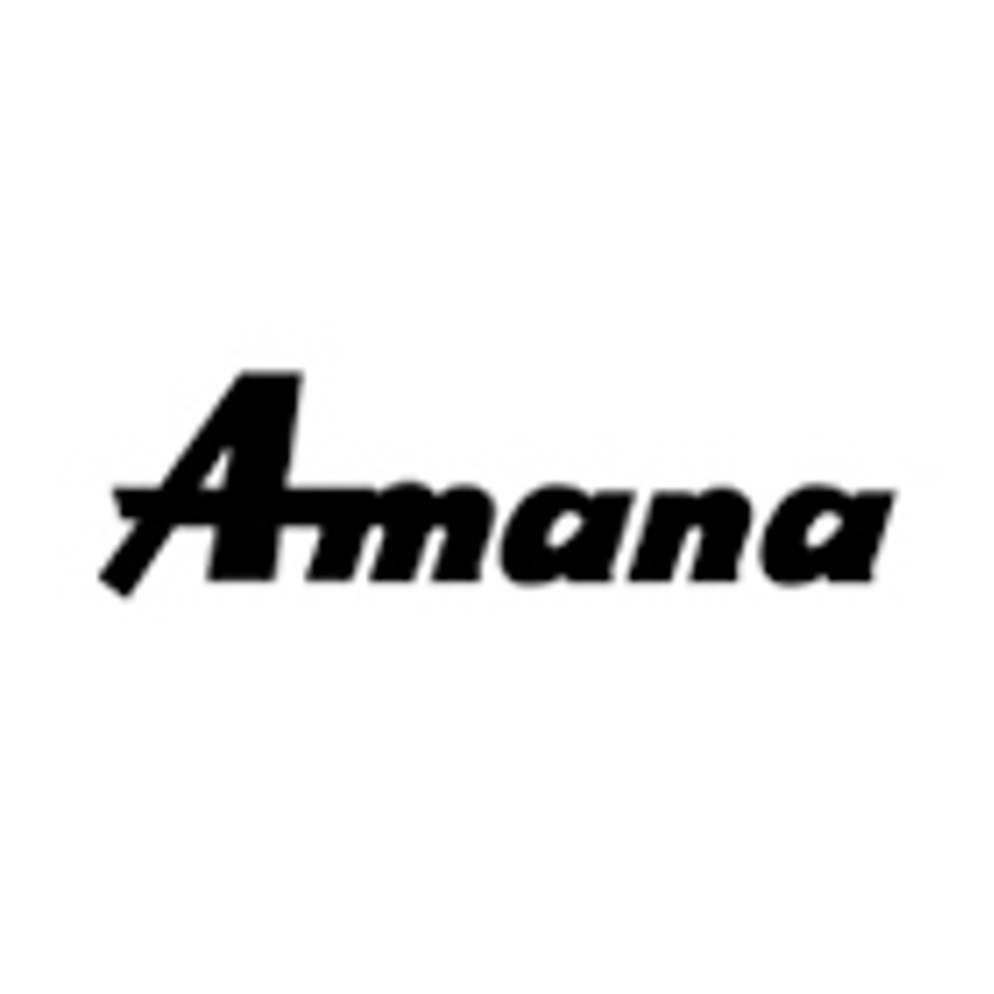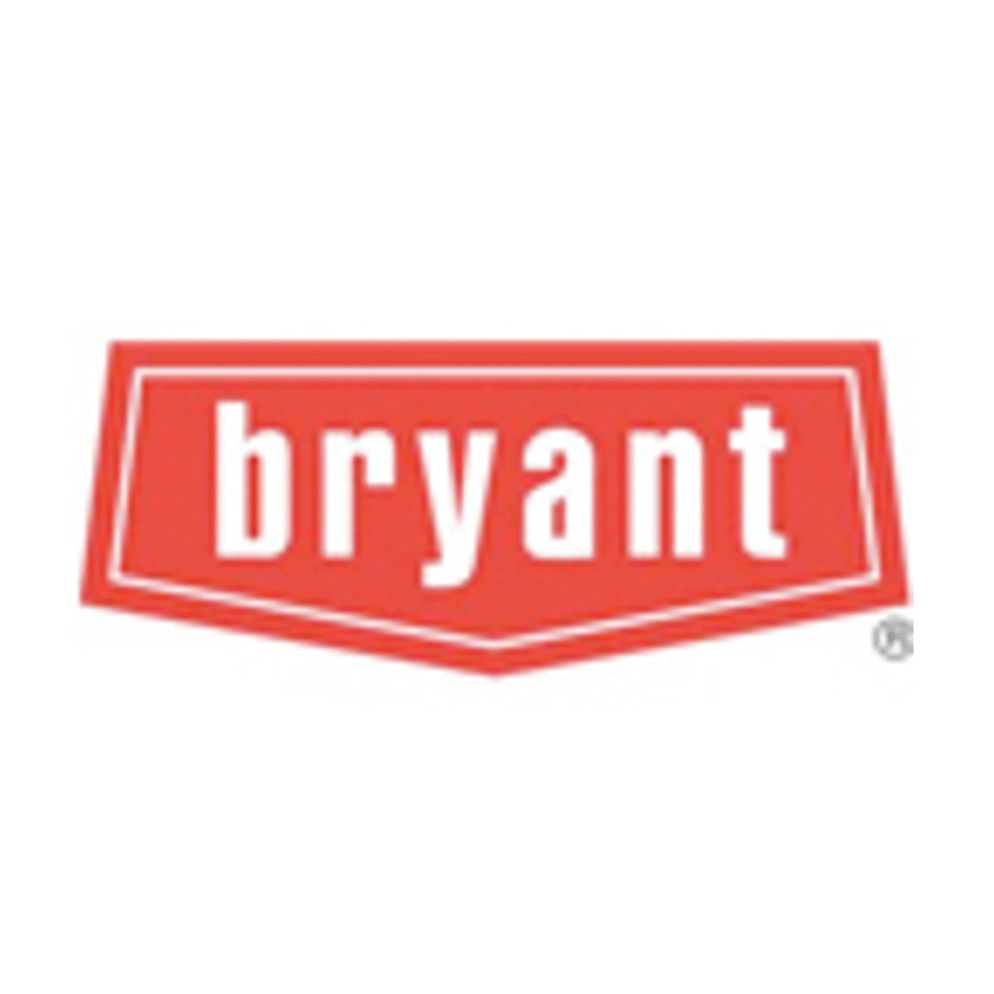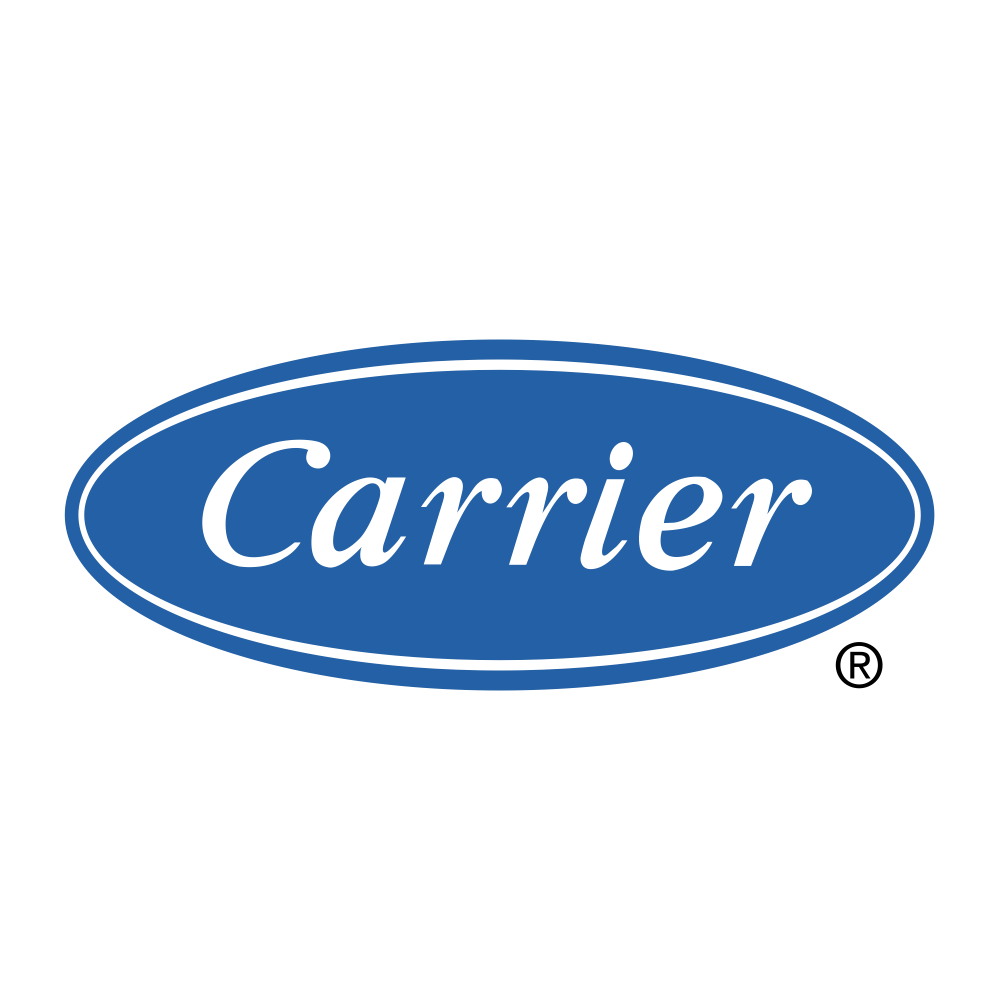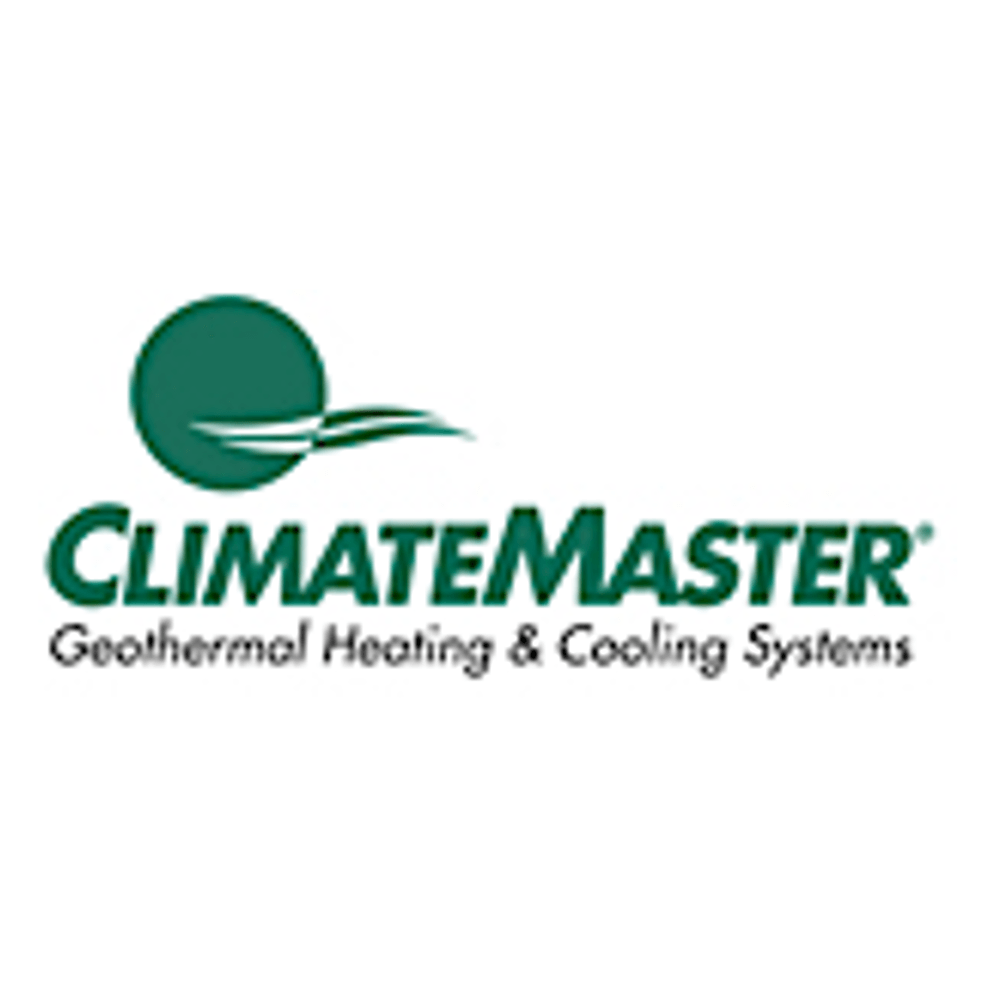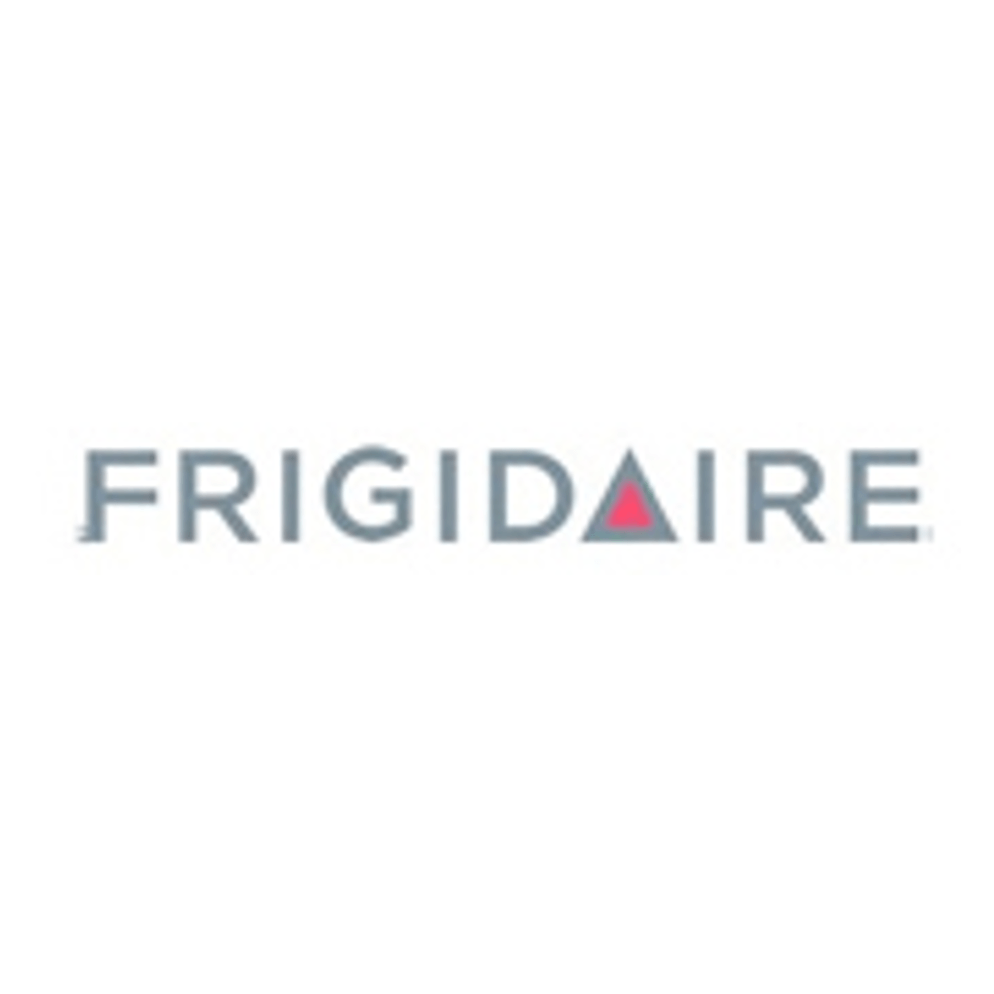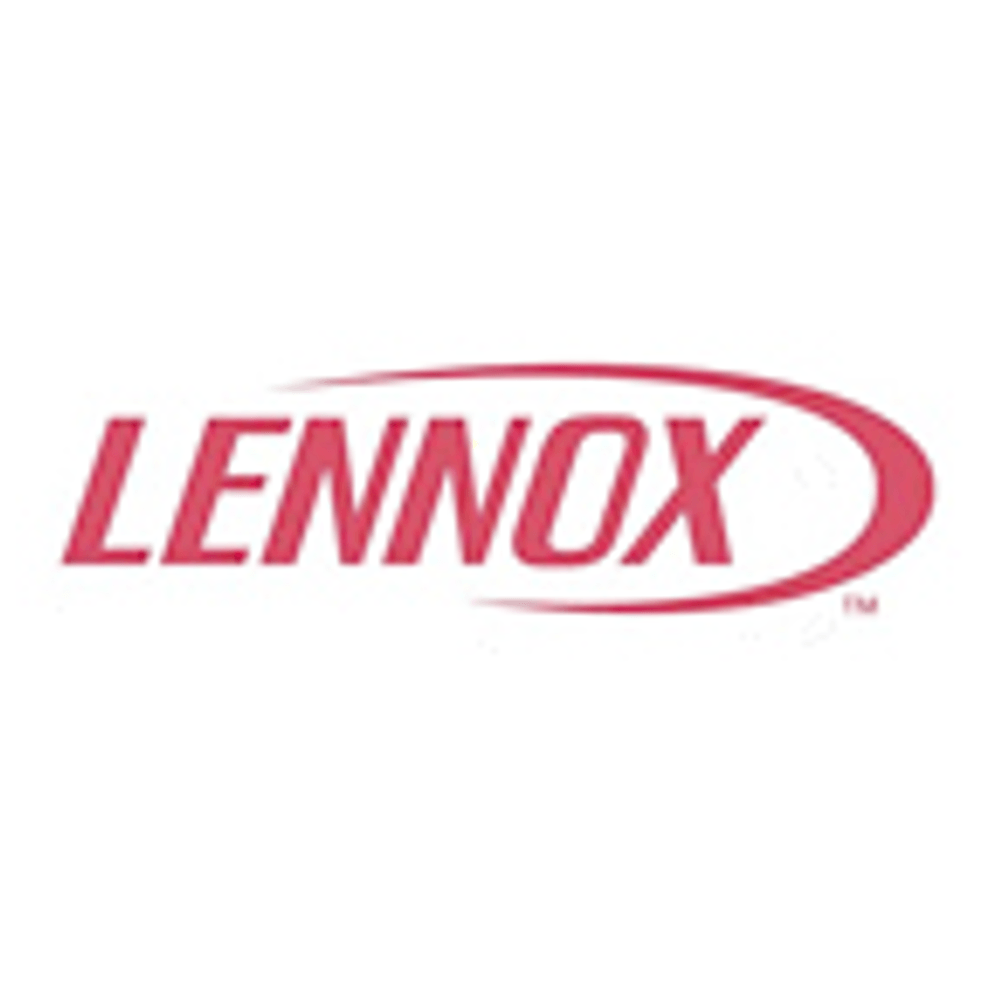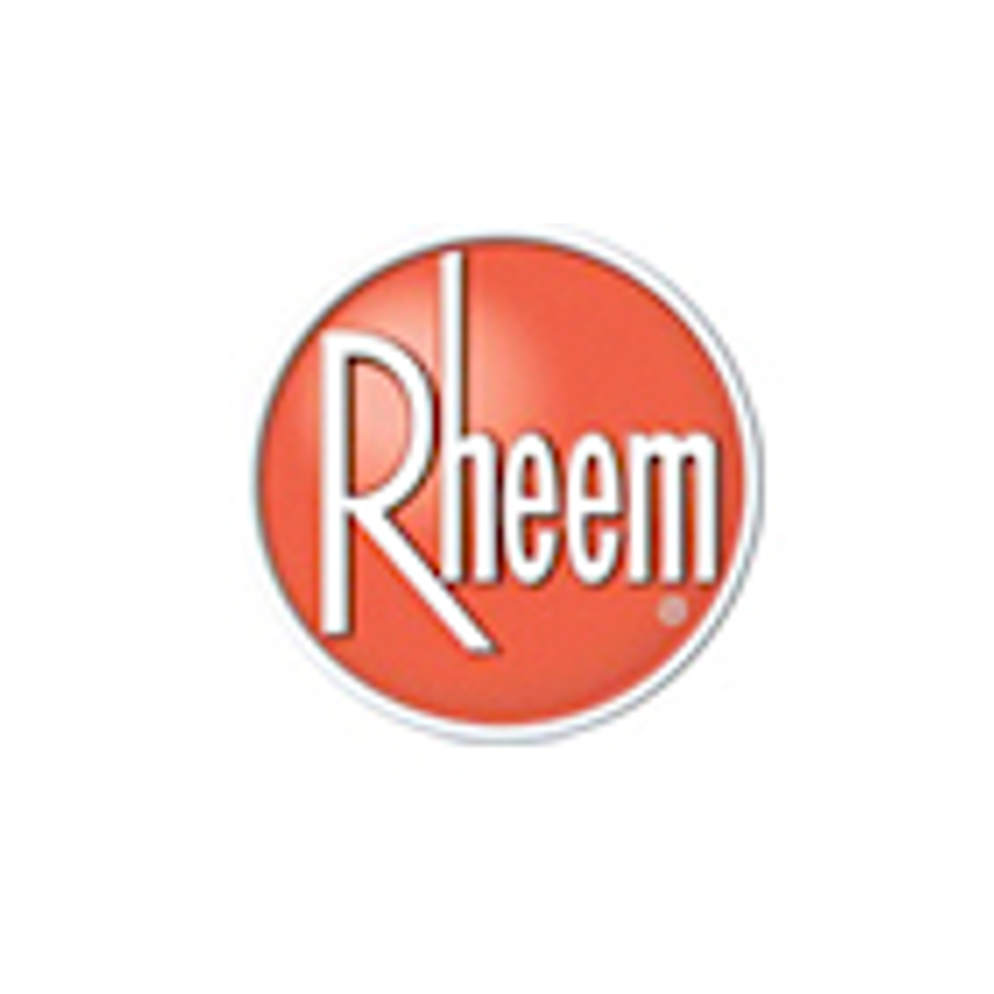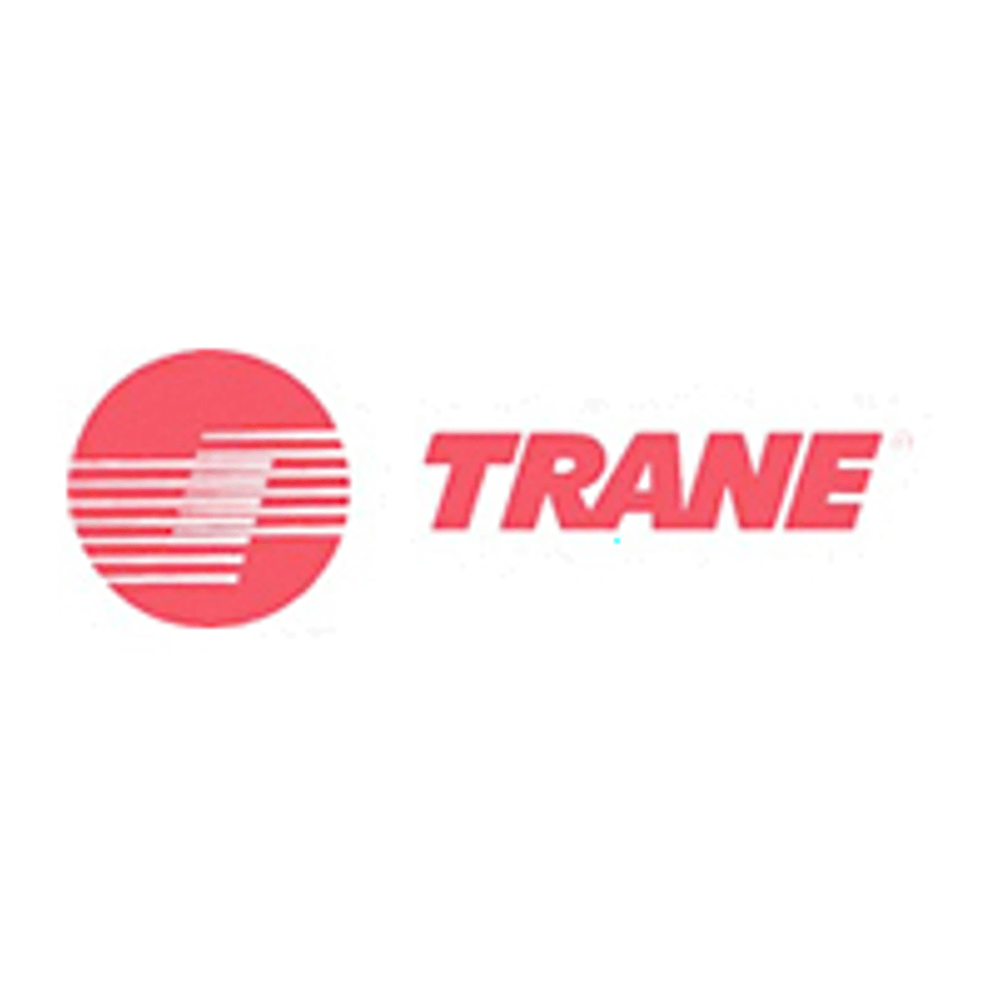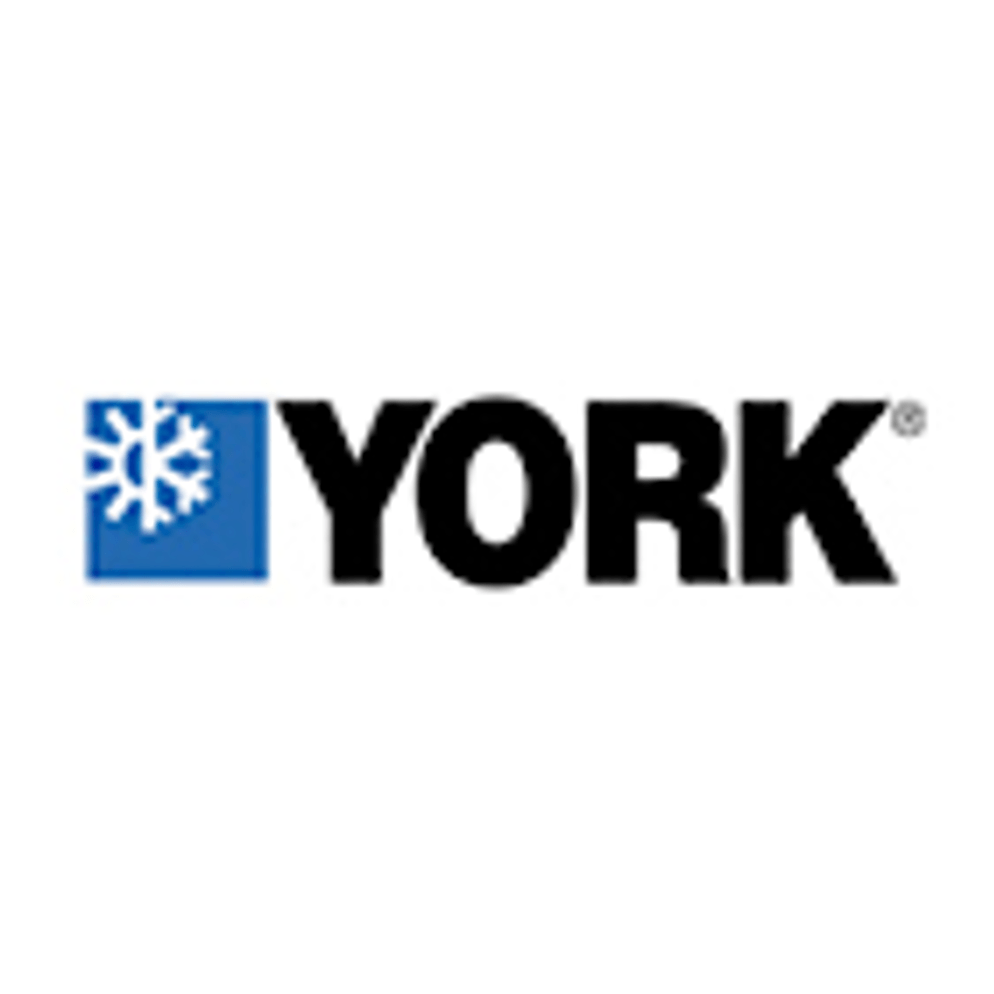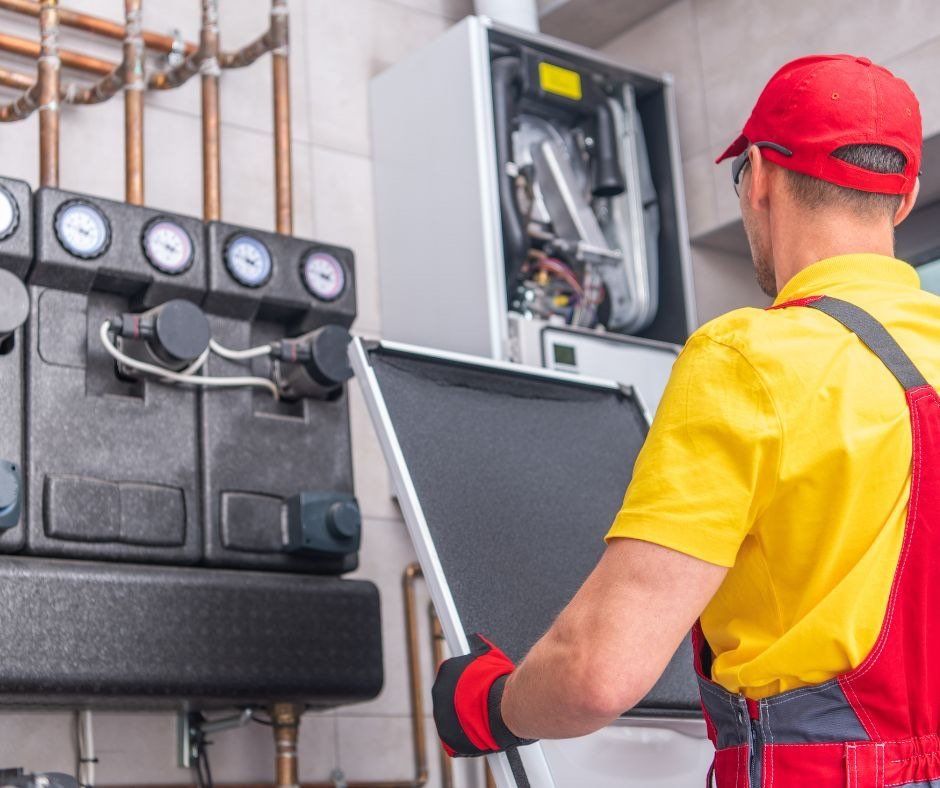Common Issues with Old Cooling Systems
The adage "nothing lasts forever" certainly applies to old cooling systems, particularly air conditioning (AC) and HVAC units, which are prone to various problems due to age, wear and tear, and outdated technology. Here are some of the most common issues:
Frequent Repairs and Associated Costs
- The compressor is the heart of the AC, and its failure is a significant issue in old systems. Replacement can run into the thousands, leading homeowners to consider a complete system replacement.
- Electrical components such as capacitors, relays, and wiring can degrade or corrode as systems age, leading to intermittent operation, tripped breakers, or complete system failure.
- Older thermostats may become inaccurate or unresponsive, causing the system to run at the wrong times or not at all. Faulty wiring or outdated models can also contribute to inconsistent temperatures.
- Fans and air handlers circulate air throughout the system. In older units, these components can slow down, stop working, or become noisy due to worn bearings, debris, or motor failure. Faulty air handlers can lead to poor airflow and uneven cooling.
Inefficiency and Higher Energy Use
Older units often develop refrigerant leaks because of corrosion, wear, or faulty connections. These problems reduce cooling efficiency and harm the environment, primarily if the unit uses phased-out refrigerants like R22. Low refrigerant levels can cause the system to blow warm air or lead to frozen evaporator coils.
Condenser and evaporator coils can accumulate dirt, dust, and debris over time, reducing the system's ability to release or absorb heat. This accumulation forces the unit to work harder, increasing energy consumption and the risk of an expensive breakdown.
Wear and tear, outdated components, and inefficiencies cause older systems to consume more energy for less cooling output, resulting in higher utility bills.
Decreased Air Quality
Older air conditioning units are frequently linked to poor indoor air quality due to several age-related and maintenance issues:
Old systems often lack advanced filtration and dehumidification features, increasing dust, allergens, and mold growth inside the unit and ductwork.
A critical function of modern AC units is to regulate indoor humidity. Older systems often lose this capability, resulting in elevated humidity, which could encourage mold and mildew.
Potential Safety Hazards
Older cooling systems present several significant safety hazards due to the natural deterioration of components, outdated technology, and lack of modern safety features. The most common hazards include:
- Electrical risk: Aging wiring, worn electrical components, and deteriorated insulation can lead to short circuits, sparks, and overheating.
- Overheating: Overworked or malfunctioning motors and compressors in old units can overheat.
- Refrigerant leaks: Older systems often use outdated refrigerants like R-22 (Freon), which are becoming extremely expensive and sometimes hard to source.
- Lack of modern safety features: Old units may lack automatic shut-offs, temperature regulation sensors, or other safety mechanisms found in modern systems, making failures a greater possibility.
We Can Help You Find the Best Cooling System for Your Home
If your cooling system is inefficient or unreliable, it's probably time for a new one. For homeowners in Berks County and beyond, Ultimate Comfort Heating & Cooling is your partner for residential air conditioning and heat pump services. Since 2013, we've been locally owned and operated, providing:
- Trusted Experts: Our team is skilled and reliable.
- Affordable Services: Quality solutions without breaking the bank.
- Clean Home Guarantee: We leave your home as clean as we found it.
- Extended Service Hours: We're here when you need us.
Experience ultimate comfort in your home with our professional and dependable services!

